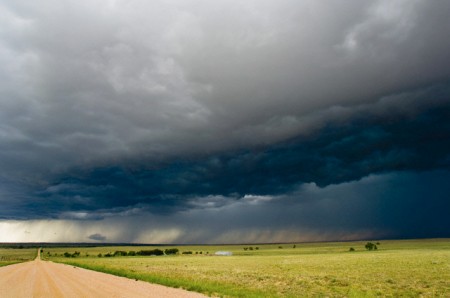What pain and suffering thousands of people are enduring after the earth quake and tsunami. Our heart goes out to them, and many will do more and actually fly over and lend a helping hand. We’ll try to alleviate all the pain we can. Helping people deal with pain is a pastor’s work. And it is a church’s work. The task of God’s people, being his hands and feet . . . his voice. When we suffer, we ask questions about God, and we question his goodness, and sometimes we question his existence because we would rather not believe in him at all than to believe he could stop our pain, yet choose not to.
Sometimes our efforts to explain difficult and complex and painful events cause more damage than they help. I’ll never forget my pastoral counseling professor at Gordon Conwell telling the story of a young couple in his first church who lost their only child in an accident. They had only begun attending his church, and had not yet made a commitment to follow Christ in any way. Now they faced tragedy and loss – and they expressed great displeasure toward a God who could allow them to endure such hardship and pain. My professor, the young pastor, had no idea how to answer them. He told us that he simply went by to see them a lot, sat on their couch, cried with them, shrugged his shoulders, said he didn’t know why God would allow such a thing. He was, quite simply, at a loss. He didn’t give them deep theological answers. He just sat with them. And loved them. Until they eventually moved away.
I found this poem which was inspired by the picture above:
Natori
Some people have pastors who explain these things
but I don’t
know why she sits alone amidst the bodies that the water left behind—
bodies of houses, bodies of cars, bodies of boats, bodies of people—
knees bent,
arms clasped beneath bare thighs,
held together by the stiff embrace of a sob,
or why the earth shook,
or why the water came,
or why she has taken off her boots,
or why she sits alone amidst the bodies that the water left behind;
I only know that I don’t
want a pastor who explains these things.
And I understand. Because being able to explain these things, or claiming to, can often rob someone of . . . well, something important. It’s like they want their ‘answer’ to make your pain go away when it’s not really supposed to. Like believing the right answer will make everything OK, or that it’s supposed to, when people need to hurt, and grieve, and cry. And what God wants us to do in those moments is less about having the right theological and philosophical answer, and more about loving them and comforting them like he would if he were standing there with them, providing what they need, taking care of details they can’t take care of, etc. etc. And cry with them. Hurt with them. Die with them.
That’s what my pastoral counseling professor did as a young pastor. He offered no answers save the ones that come from being loved. And God met that young couple through his efforts. After about a year, he received a letter from that couple. They were thanking him, because his ministry to them helped them see the love of Christ in a time when he seemed impossible to believe in. They had given their lives to Jesus, and wanted him to know that his visits during their loss is what made the difference.
Sometimes in our efforts to understand God and his world, we forget to do what he sent us to do. Love each other.






